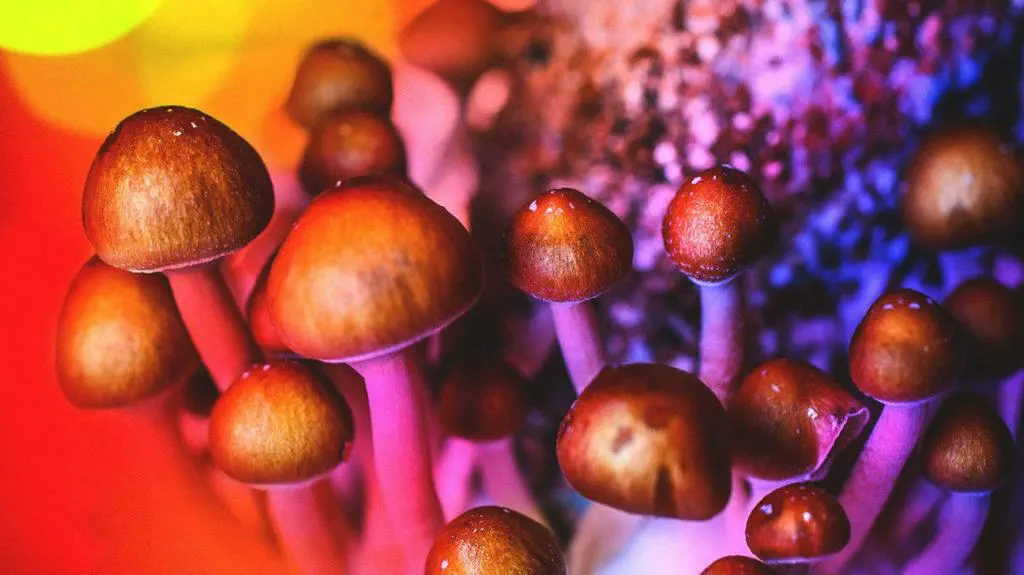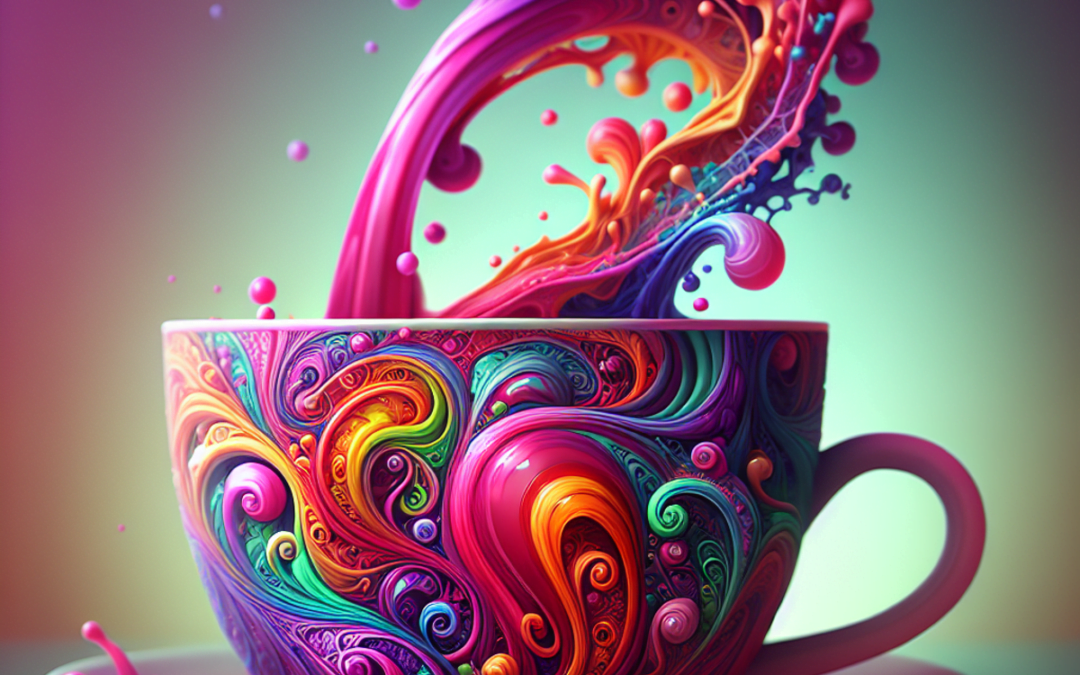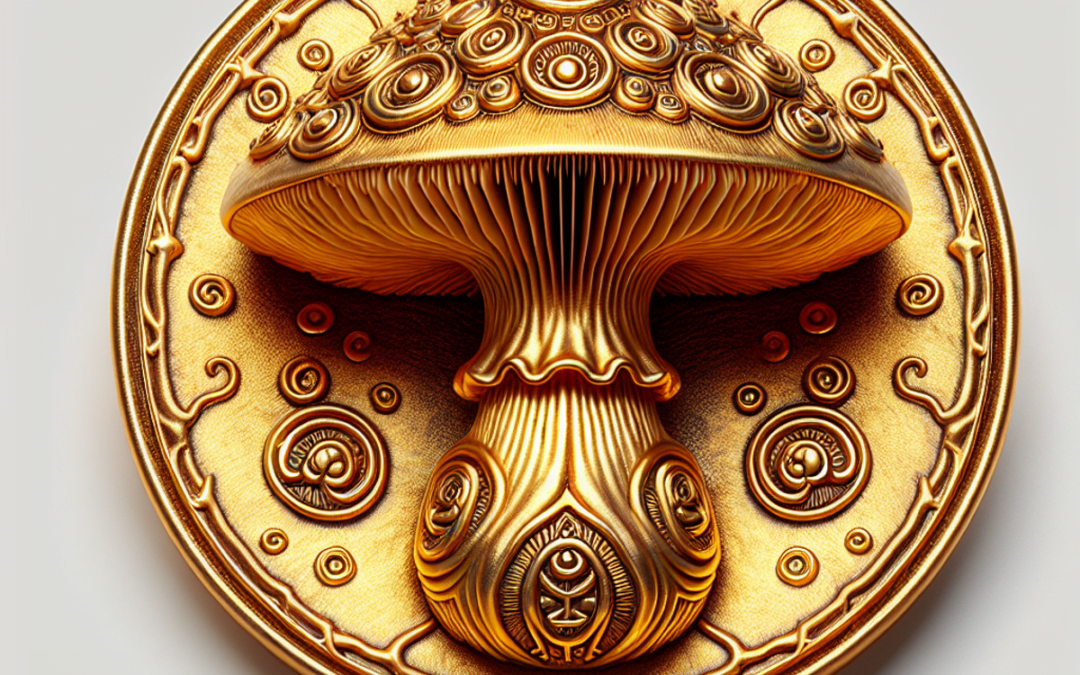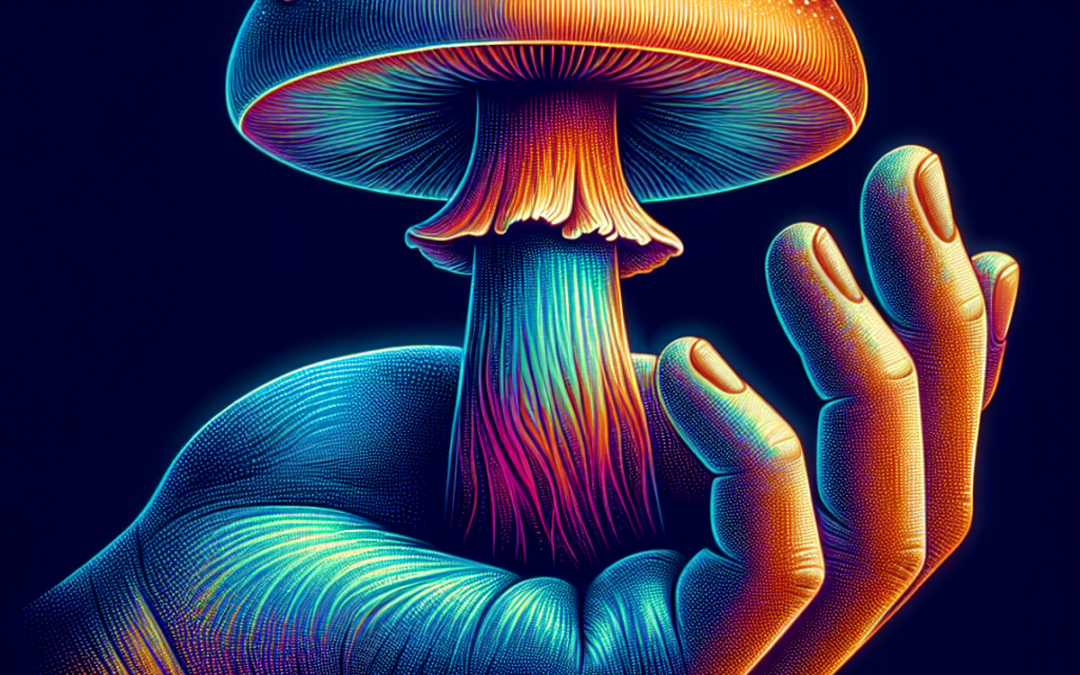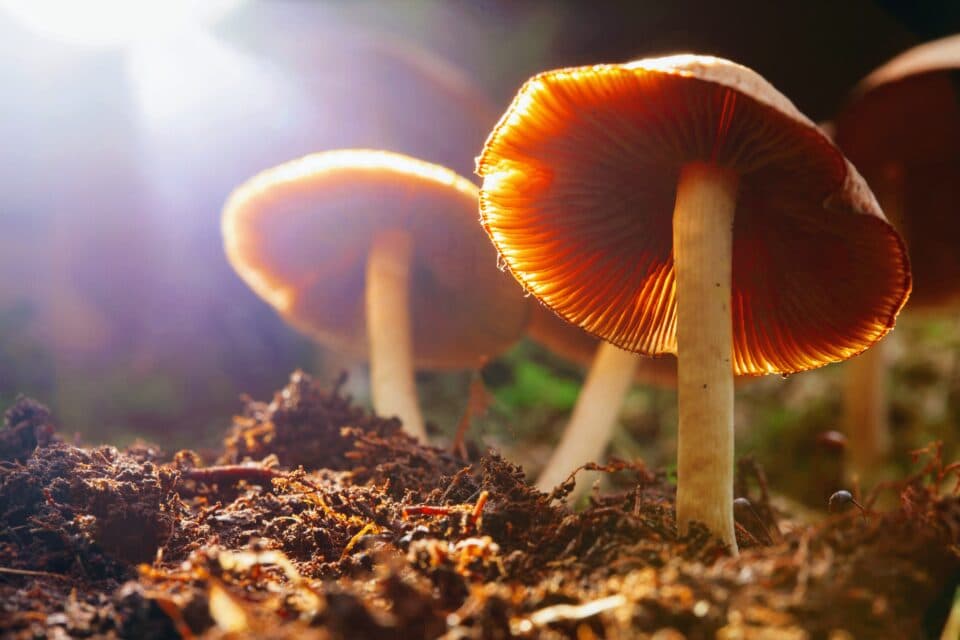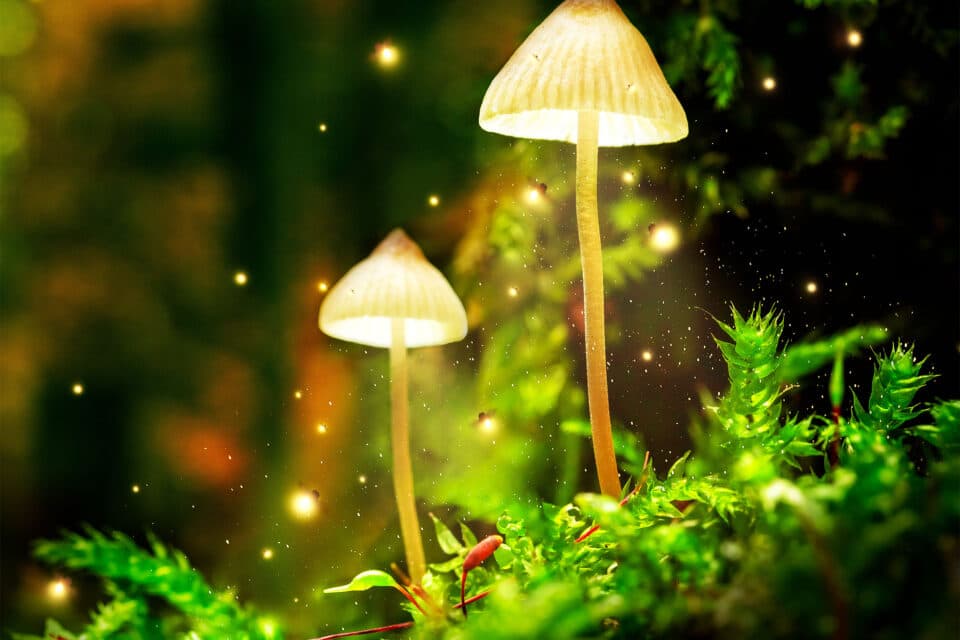From treating depression to helping manage alcohol addiction, researchers say legal medical “magic mushrooms” have many potential benefits.
The realm of medicine is perpetually evolving, and with each step forward, we uncover innovative approaches that challenge conventional norms. One such trailblazing area that has been garnering considerable attention is the utilization of psychedelics, particularly “magic mushrooms,” as a potential breakthrough treatment in various medical domains. Researchers and medical professionals are intrigued by the prospects of harnessing these substances to address a range of conditions, from depression to alcohol addiction. This growing interest has sparked conversations about the potential benefits and risks of incorporating psychedelics into mainstream medicine.
At the forefront of this movement is the exploration of the therapeutic potential of psilocybin, the active compound found in “magic mushrooms.” The scientific community is increasingly intrigued by psilocybin’s ability to profoundly influence cognition, emotions, and perceptions. For individuals suffering from treatment-resistant depression, the prospect of using psilocybin-assisted therapy is particularly promising. Preliminary studies suggest that guided sessions involving psilocybin can facilitate deep introspection, potentially allowing patients to break free from entrenched negative thought patterns that contribute to their depressive state.
Moreover, researchers are investigating the role of psilocybin in tackling alcohol addiction, a condition that has proven to be challenging to address through conventional methods. Initial findings hint at the potential of psilocybin-assisted therapy to help individuals reduce their alcohol intake and break the cycle of addiction. The psychedelic experience, when guided by skilled therapists, might offer a fresh perspective and the opportunity for patients to confront the underlying psychological factors contributing to their addiction.
Despite the excitement surrounding the potential benefits of psychedelics in medicine, it’s important to acknowledge the existing regulatory and societal barriers. The classification of many psychedelic substances as controlled substances has historically hindered scientific research in this area. However, shifting perceptions and a growing body of evidence have prompted regulatory agencies to reconsider their stance. In fact, several countries and regions have started to pave the way for clinical trials and research into the medical applications of psychedelics, including magic mushrooms.
As we contemplate the integration of psychedelics into mainstream medical practice, it’s crucial to approach this frontier with a balanced perspective. While the potential benefits are tantalizing, there are also legitimate concerns about safety, dosage, and potential adverse effects. The psychedelic experience can be intense and unpredictable, necessitating careful guidance from trained professionals to ensure that patients navigate their journeys safely and effectively.
The concept of using “magic mushrooms” and other psychedelics as medicine presents a promising avenue for revolutionizing certain areas of medical treatment. From the potential to alleviate treatment-resistant depression to aiding in addiction therapy, these substances offer a new approach that diverges from traditional pharmaceutical interventions. However, a comprehensive approach is required—one that involves rigorous scientific research, standardized protocols, and a thoughtful consideration of the ethical, legal, and societal implications. As researchers continue to explore the therapeutic potential of psychedelics, the medical landscape could be poised for a transformative shift—one that harnesses the power of these naturally occurring compounds to address some of our most complex and challenging medical conditions.

